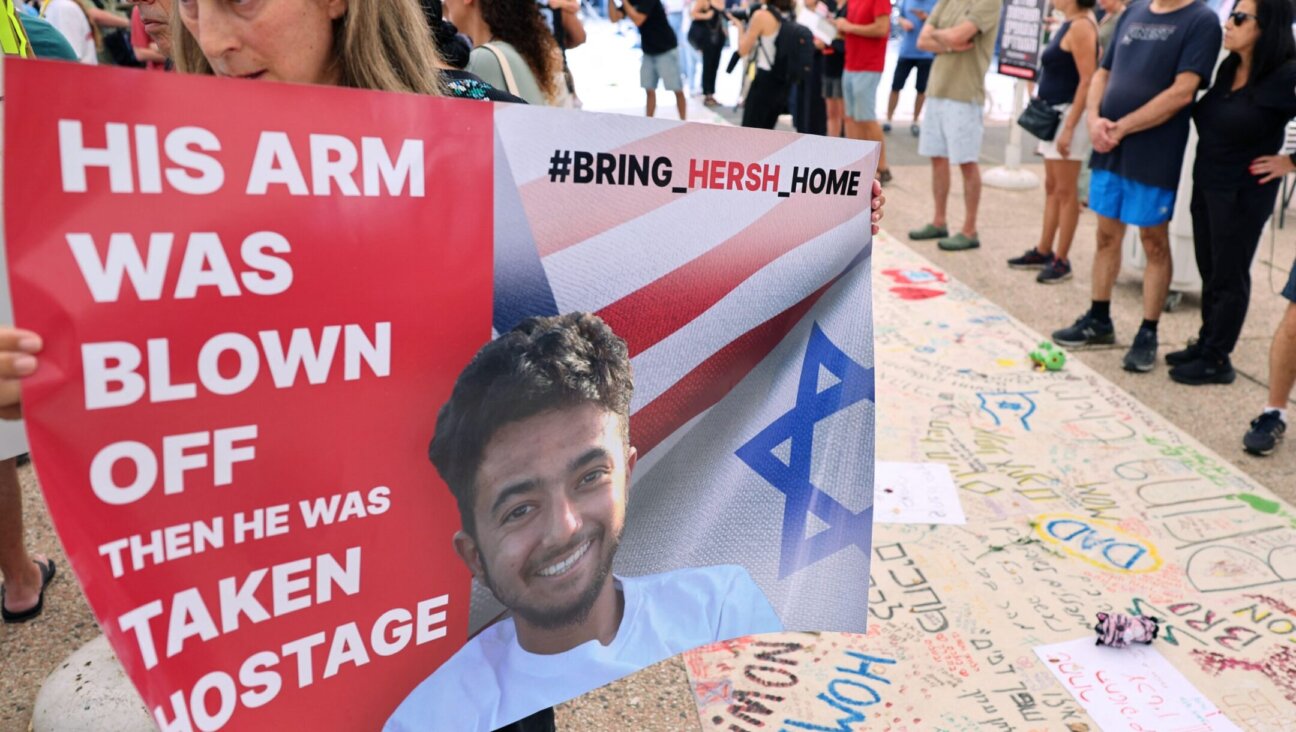Roe v. Wade, 39 Years Later

Image by getty images

39 Years Later: Pro-choice and pro-life demonstators face off in front of the Supreme Court. Image by getty images
In its ruling in Roe v. Wade, issued 39 years ago on January 22, the Supreme Court affirmed a constitutional right of privacy “broad enough to encompass a woman’s decision whether or not to terminate her pregnancy.” No constitutional right, apart from questions related to race that go back nearly 400 years, has been subject to such an extended attack, and those attacks reached a crescendo last year.
The crescendo of opposition has taken the form of an unprecedented spike in the number of anti-abortion initiatives proposed in state legislatures and, in too many instances, enacted into law. While many candidates in 2010 focused their campaigns on economic policy, once elected they turned their attention to anti-abortion legislation instead of addressing the nation’s economic woes as promised.
According to the Guttmacher Institute, last year more than 1100 anti-abortion proposals were introduced in the legislatures of all 50 states, and of these, 135 were enacted in 36 states. More than two-thirds further restricted access to abortion. Among the measures adopted, five states enacted provisions to ban abortion at or beyond 20 weeks’ gestation, an arbitrary ban not grounded in medicine. Four more states enacted burdensome regulations to abortion clinics that will make their operations increasingly expensive or impossible. Nine states adopted restrictions to insurance coverage of abortion.
On the other hand, those who support abortion rights won a significant victory when a so-called “personhood” measure was defeated in a referendum in Mississippi. That proposal would have defined a person in legal terms as a “human being from the moment of fertilization,” endangering not only access to abortion services but the right to use many methods of family planning, from contraception to in vitro fertilization. Such personhood proposals are intended to strike at the heart of Roe, setting up a legal confrontation that could enable the Supreme Court to overturn Roe once and for all.
Personhood proposals also highlight an overarching truth about opposition to abortion — it is fundamentally based on a religious view of questions that have been debated by philosophers and religious authorities for centuries, as the Supreme Court acknowledged when deciding Roe in 1973. At the time, the Court chose not to impose one religious view on when life begins.
Different religions have differing views on when life begins; and even within religions, there are varying opinions. For many Jews and others who do not share the religious belief that values a fetus above the health and autonomy of women, criminal prosecution for obtaining or providing an abortion is an intolerable violation of religious liberty and the constitutional right of privacy. This right allows that an individual, not a government, has the right to make decisions about one’s own body. When abortion opponents speak of a culture war, it is our culture they seek to bend to their ideas.
A woman’s ability to exercise her right to control her own body has already been diminished over the years by subsequent Supreme Court rulings, state laws, intimidation, and even murders that seek not only to punish those who would perform abortions, but to dissuade any medical or other personnel from becoming involved. The anti-choice forces have had a two-pronged strategy — to make access to abortion ever more difficult, and to set up a legal confrontation that could result in overturning Roe v. Wade, which already hangs by the vote of one man on the Supreme Court.
When confronted with so many legislative proposals large and small, it is easy to become enmeshed in arguments about the legitimacy, or illegitimacy, of each and every one. To defend Roe v. Wade, we must defend its basic premise, and challenge these arguments. The premise we must argue is how does a given proposal promote the right to privacy in making decisions about procreation? Who should have authority over women’s bodies? Only by sticking to the basic constitutional principle at stake can we ensure the survival of a woman’s right to make decisions about her body, consulting whom she wishes and relying on her own ethical and religious beliefs.
As we celebrate 39 years since the landmark Roe v. Wade decision, we should not take for granted that it will be here for the next generation.
Nancy K. Kaufman is the chief executive officer of the National Council of Jewish Women.

I hope you appreciated this article. Before you go, I’d like to ask you to please support the Forward’s award-winning journalism this Passover.
In this age of misinformation, our work is needed like never before. We report on the news that matters most to American Jews, driven by truth, not ideology.
At a time when newsrooms are closing or cutting back, the Forward has removed its paywall. That means for the first time in our 126-year history, Forward journalism is free to everyone, everywhere. With an ongoing war, rising antisemitism, and a flood of disinformation that may affect the upcoming election, we believe that free and open access to Jewish journalism is imperative.
Readers like you make it all possible. Right now, we’re in the middle of our Passover Pledge Drive and we still need 300 people to step up and make a gift to sustain our trustworthy, independent journalism.
Make a gift of any size and become a Forward member today. You’ll support our mission to tell the American Jewish story fully and fairly.
— Rachel Fishman Feddersen, Publisher and CEO
Join our mission to tell the Jewish story fully and fairly.
Only 300 more gifts needed by April 30

























